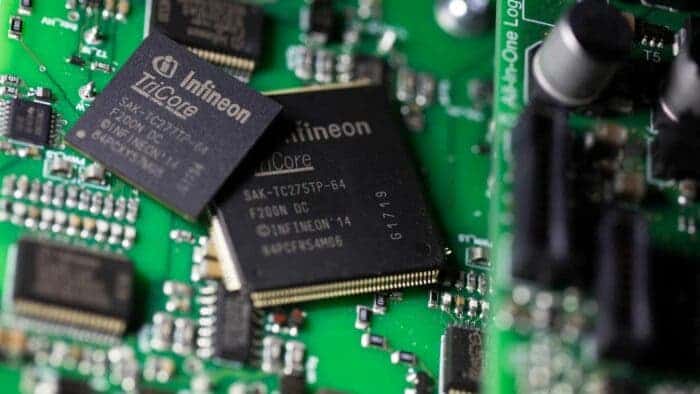The European Union (EU) has recently passed the €43 billion Chips Act, which aims to boost the bloc’s semiconductor industry and help solve future chip shortages. The European Council issued a statement saying that the European Council today approved the “Strengthening the European Semiconductor Ecosystem” regulations, the “EU Chip Act”, which was passed by the European Parliament earlier this month. This is the final step in the decision-making process. The EU’s goal is to double its share of global chip production from 9% to 20% by 2030. The Chips Act will mobilize more than €43 billion of public and private funding for the sector.

The legislative bill has been passed after the European Council today endorsed the European Parliament’s position. After being signed by the President of the European Parliament and the President of the Council, the regulation will be published in the Official Journal of the European Union and enter into force on the third day after publication.
Background
The global shortage of chips has slowed down the recovery of many industries, including the automotive industry. The EU has recognized the need to address this issue and has outlined an ambitious new industrial policy. This policy aims to make the bloc a big player in the global semiconductor industry. The Chips Act is part of this policy and aims to strengthen Europe’s tech leadership in the field.
Details of the Chips Act
The Chips Act will bolster Europe’s competitiveness and resilience in semiconductor technologies and applications. It will do this by strengthening Europe’s technological leadership in the field, including production, as well as connecting the EU’s world-class research, design, and testing capacities. The funding from the Chip Act will be used to:
- Promote industrialization of innovative technologies
- Setup competence centers for skill development
- Ensure access to finance
- Incentivize investments in manufacturing facilities
- Provide a framework for integrated production facilities and open EU foundries for the security of supply
The Chips Act will also focus on cutting-edge chips, with the EU aiming to manufacture 20% of the world’s semiconductors by 2030. The EU will address semiconductor shortages and strengthen Europe’s tech leadership with the Chips Act.

Potential Impact
The Chips Act is big funding in the semiconductor industry and could have a huge impact on the global market. The EU’s goal of doubling its share of global chip production from 9% to 20% by 2030 is ambitious. However, the EU believes that with the right funds and policy, it can hit its target. The Chips Act will also help the EU compete with the US and Asia on tech. Also, the EU says the Act will help the region secure control over a critical bit of tech.
However, any plans to boost the EU’s chip output will also be slow to take root. The Verge also claims that the funding will not tackle the current issues in the chip industry. The report claims that these issues will be around for years. While the Chips Act is a long-term funding plan, its impact may not be felt at the moment.
According to IT Home, many brands like Intel and STMicroelectronics, have announced new factories in Europe. The “EU Chips Act” paved the way for the region to invest billions of euros in chip research. Also, it will allow nations in the region to subsidize “first innovation” chip production.
Final Words
The EU’s €43 billion Chips Act is a huge funding plan for the semiconductor industry. It aims to make the EU region a big player in the global semiconductor industry. The Chips Act will mobilize more than €43 billion of public and private funding for the sector and focus on cutting-edge chips. The EU’s goal of doubling its share of global chip production from 9% to 20% by 2030 is ambitious. However, the region believes that they can meet the target with enough funds and the right policies.





